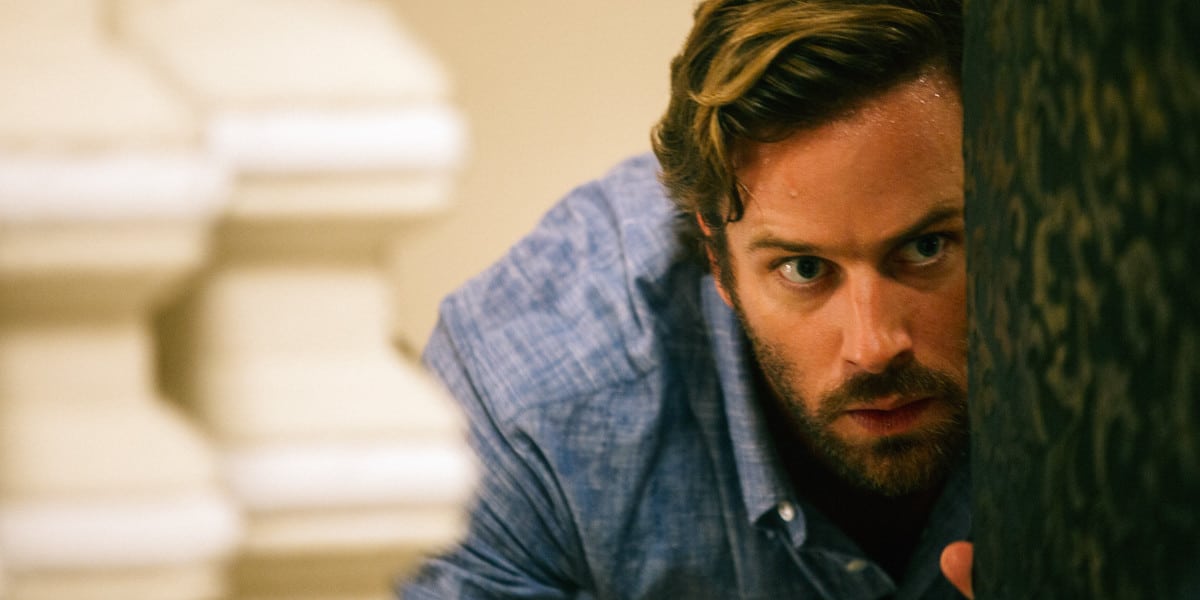On November 26, 2008, terrorists sieged various sites in the Indian city of Mumbai, indiscriminately killing 166 innocent civilians. One of these targeted sites was the historic Taj Mahal Palace Hotel, which serves as the setting for Australian director Anthony Maras’ first feature-length film Hotel Mumbai. The movie offers a dramatized account of the horrifying ordeal endured by the guests and staff of the hotel on that fateful night as it is stormed by heavily armed gunmen.
The movie’s primary characters are a couple played by Armie Hammer and Nazanin Boniadi, who have come to the hotel with their newborn baby and their nanny played by Tilda Cobham-Hervey. On the staff side, we are introduced to the stern head chef of the hotel played by Bollywood legend Anupam Kher, whom you might recognize from movies like Silver Linings Playbook and The Big Sick, and the kind hearted and devoted family man waiter played by Dev Patel.
Despite knowing what the movie was about, I was still caught off-guard by the film’s excessive level of violence. There are perhaps too many scenes of innocent victims being shot at point blank range by the terrorists, with the camera refusing to cut away or having it done out of frame. In addition to seeing the violence, the audience also hears the fierce reverberations of machine gunfire and the sonic booms of detonated grenades. This multi-sensory experience heightens the realism the film is trying to portray. Maras wants us to experience the film as if we ourselves were guests at the hotel fighting for our lives. It’s an unnerving experience that invites comparisons to Paul Greengrass’ 2006 film United 93.
In addition to the gratuitous violence feeling horrifyingly too real, I also feel it comes at the cost of uneven characterization. Hammer and Boniadi are good in their roles, but given the amount of screen time they get, their characters do feel underdeveloped. On the other hand, we are given a pretty multi-faceted depiction of Arjun—the Sikh waiter played expertly by Dev Patel. Patel is the standout of the film, continuing on from his great work in the 2016’s Lion, which earned him a well-deserved Oscar nod. Patel’s emotive facial expressions and his reassuring presence are very affective and provide a necessary emotional counterweight to the film’s scenes of bloodshed. One noteworthy scene sees Arjun calmly explain why he wears a turban to a hotel guest who is ignorantly weary of the headwear. There is also a very impressive performance from Amandeep Singh, who plays the terrorist Imran, who, as the ordeal continues, starts questioning directives from his handler.
Overall, Maras’ film is well made. Its brisk pacing, sudden outbursts of violence, and jarring sound design offer a harrowing vantage point of a terrible event. However, it can feel overbearing at times, especially given that the film offers virtually no context for the attacks. Thankfully, the brief moments of humanity and the exceptional performances save the film from becoming a mere shallow reenactment.
Hotel Mumbai screens at the Toronto International Film Festival on Saturday, September 15 at 9:30 pm at the Winter Garden Theatre. The Winter Garden Theatre is located on 189 Yonge St.
Hear this review and more on this week’s episode of Movie Mixtape:









